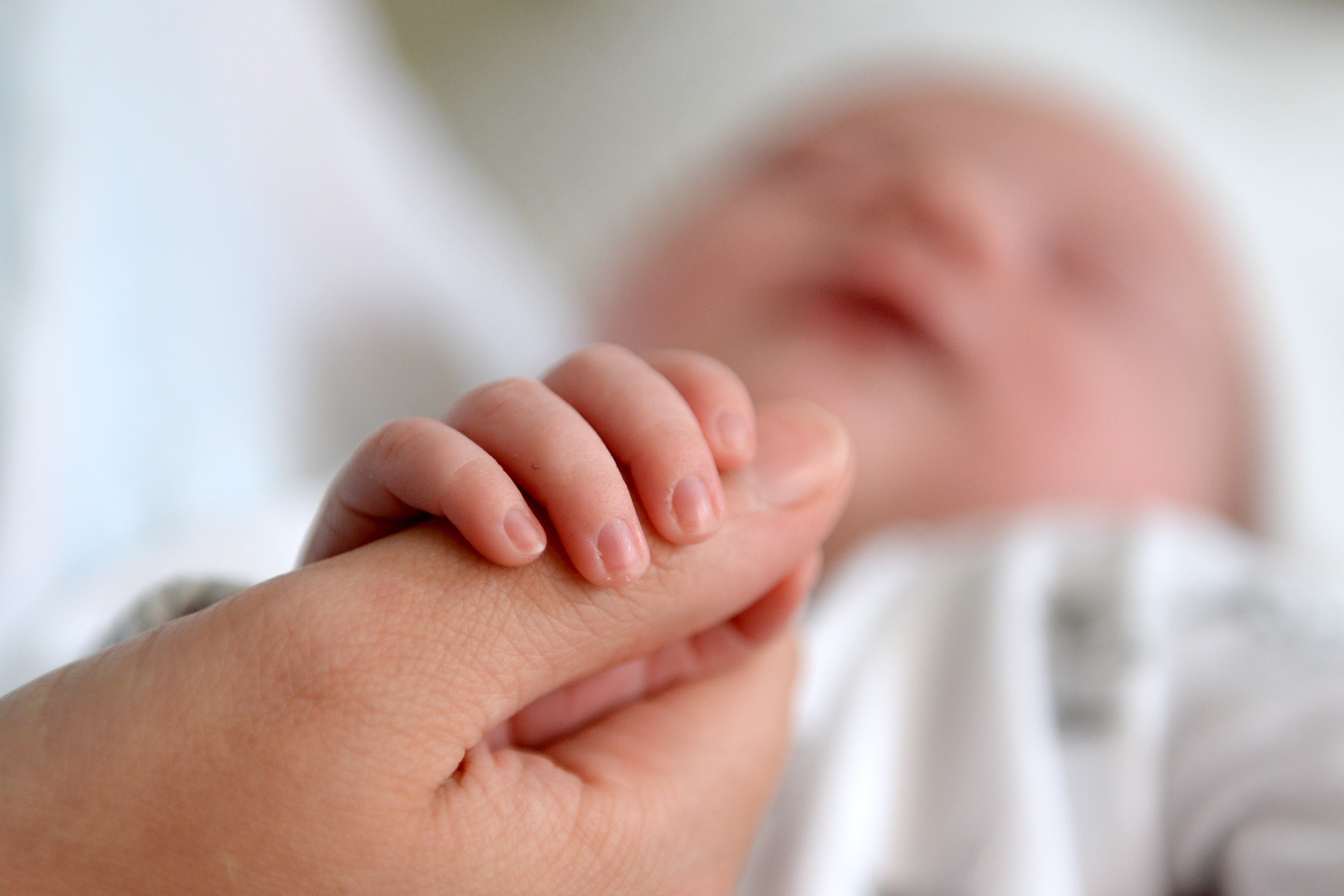RSV: Single jab approved for virus that can cause deadly pneumonia in babies
RSV can lead to severe lung issues in very young children including bronchiolitis and pneumonia

Your support helps us to tell the story
From reproductive rights to climate change to Big Tech, The Independent is on the ground when the story is developing. Whether it's investigating the financials of Elon Musk's pro-Trump PAC or producing our latest documentary, 'The A Word', which shines a light on the American women fighting for reproductive rights, we know how important it is to parse out the facts from the messaging.
At such a critical moment in US history, we need reporters on the ground. Your donation allows us to keep sending journalists to speak to both sides of the story.
The Independent is trusted by Americans across the entire political spectrum. And unlike many other quality news outlets, we choose not to lock Americans out of our reporting and analysis with paywalls. We believe quality journalism should be available to everyone, paid for by those who can afford it.
Your support makes all the difference.A new vaccine that protects babies against a common and potentially dangerous winter virus has now been approved by the UK’s regulator.
The single jab Nirsevimab will help prevent babies getting severe chest infections like pneumonia, and lasts for around six months.
Respiratory syncytial virus (RSV) spreads easily in coughs and sneezes, and almost all children have had it by the time they’re two years-old.
In older children and adults, RSV may cause a cough or cold, but in young children it can cause bronchiolitis and is the main reason why children under five have to go to hospital.
Mother Christine Burlison had to call an ambulance for her newborn baby Aria after she contracted the virus.
Not long after being born and coming home for the first time, Aria started coughing and sneezing and initially it seemed like a normal cold. But then Aria started grunting as she breathed, and the following day she went floppy.
Ms Burlison told the BBC it was “really distressing” and she had to get rushed to hospital in an ambulance.
“I’d never heard of RSV - it’s not part of antenatal training, but I knew something wasn’t right,” she said.
Aria was given oxygen in hospital and had to stay there for a week to recover.
Lockdowns and social distancing restrictions helped prevent the spread of illnesses but now young children have little immunity.
Around 29,00 babies a year have to go to hospital for treatments against RSV, and many don’t have any prior health problems.
A new study is now looking into whether Nirsevimab, which is produced by Sanofi and AstraZeneca, should be offered on the NHS.
Dr Simon Drysdale, consultant paediatrician in infectious diseases at London’s St George’s Hospital and co- leader of the study, told the BBC the treatment could eventually be given at birth or during routine immunisations at two months.
What is RSV?
RSV is a virus that usually only causes mild coughs and colds, with most people recovering in around a week or two.
However, in very young children and older adults it can cause serious lung issues like bronchiolitis and pneumonia.
Those infection with RSV usually show symptoms in four to six days, and symptoms can include runny nose, decrease in appetite, sneezing, coughing, fever and wheezing.



Join our commenting forum
Join thought-provoking conversations, follow other Independent readers and see their replies
Comments